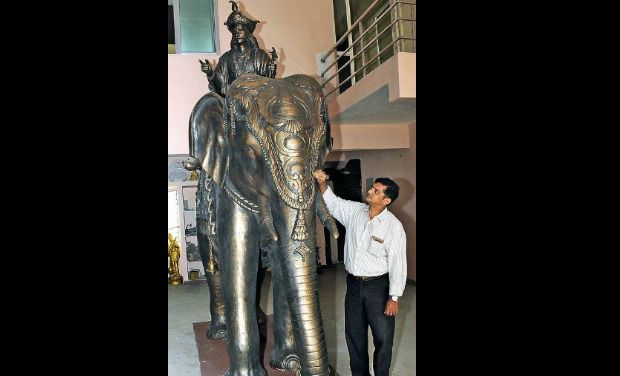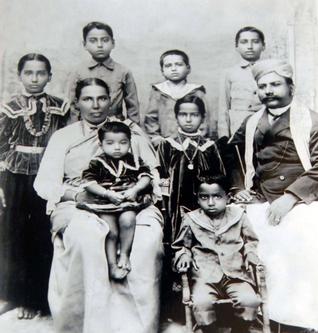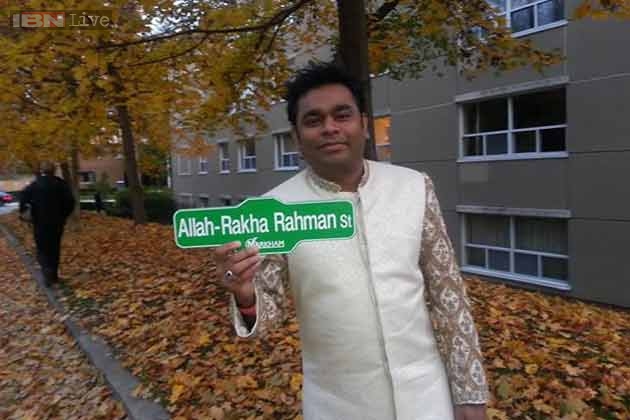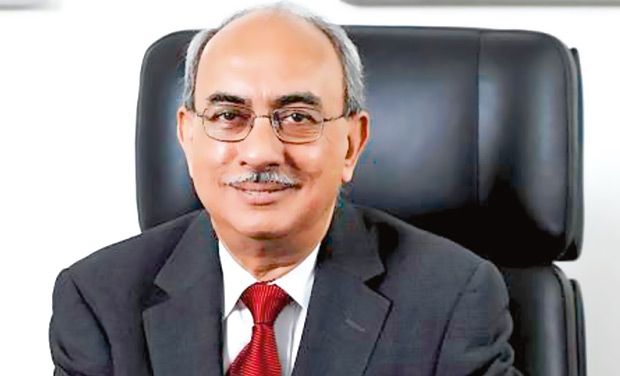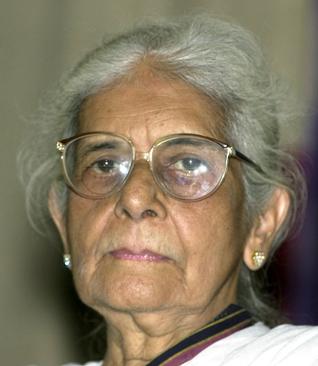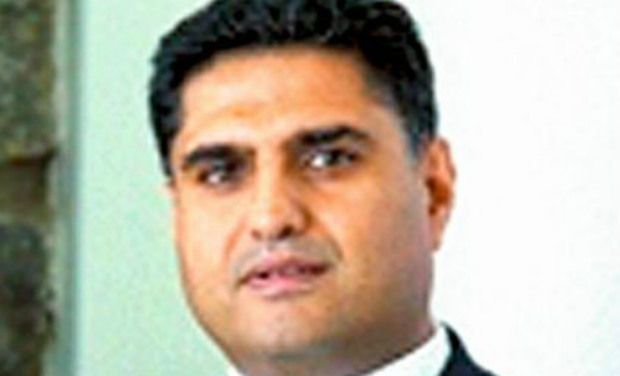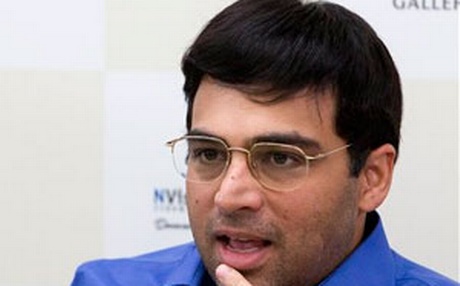A standing ovation, thunderous applause and loud cheers welcomed him every time he walked into a packed hall. The former Indian president A P J Abdul Kalam ignited the imagination of thousands of his young fans in the UAE, urging them to read more, plant trees and sharing his mantra of world peace: making your mother happy.
A noted scientist and prolific author, the 82-year-old Kalam addressed three separate sessions at the Sharjah International Book Fair on Thursday, liberally citing ancient Indian texts, Syrian poets and Nelson Mandela. He started the morning with a keynote address at a seminar titled Birth of an Author in You, where he said “we all have authors inside” that are yet to be discovered.
An author of several inspirational books including Wings of Fire, Ignited Minds and Turning Points, Kalam revealed how he had visited a few book stalls earlier with the Ruler of Sharjah, Dr Sheikh Sultan bin Mohammed Al Qasimi, whom he hailed as a cultural scholar who knew the importance of knowledge dissemination.
Titled Great Books are Born out of Great Minds, Kalam’s talk focused on how human beings are wired for stories, as the worlds we imagine in books let us experience what we haven’t experienced in the real world.
Saying that the first step to enrich oneself was reading, Kalam administered an oath to students and parents, which they repeated after him: “Today onwards I will start a home library with at least 10 quality books, of which five will be children’s books. My son/daughter will enrich this library and my grandchildren will have a great library with 1,000 books. I consider our library as a lifelong treasure. We will spend at least one hour every day reading books.”
Kalam also urged parents to watch less television and read more instead to inspire their children who emulate them.
He firmly believed that storytelling is a central component of leadership and cited two people who inspired him: India’s own Mahatma Gandhi and South Africa’s Nelson Mandela, who used the power of the written word to reach out to masses when there was no electronic media.
He recited a verse from the ancient Tamil classic Thirukkural, dating back more than 2,000 years: “For those who do evil, the best punishment is to do good to them”, a principle followed by both Gandhi and Mandela.
Popularly known as India’s Missile Man for playing a key role in developing India’s missile system, Kalam’s life mission now is to meet as many young people as possible, instil in them values of cultural excellence and encourage them to dream big. “I have interacted with 16 million youth in 15 years,” he said with a big smile, addressing nearly 2,000 students at the Sharjah Expo Centre.
Time and again he pointed out that the starting point of a great individual was righteousness: “Where there is righteousness, there is beauty in the character.” But above all, the key to your success is making your mother happy, urging children to repeat after him: “Today onwards, I will make my mother happy. If my mother is happy, then my home is happy, if my home is happy, then society is happy.”
Asked a question on India’s mission to Mars, Kalam said: “India’s Mars orbiter Mangalyaan hopes to reach Mars orbit by September 2014 to know more about its atmosphere. It gives a lot of hope. My dream is that maybe 50 years later Earth, Moon and Mars will become a single economic entity.”
The children couldn’t stop asking him questions and finally Kalam said: “Email me your questions on apj@abdulkalam.com and I will reply in 24 hours.”
source: http://www.thenational.ae / The National / Home> Arts & Culture> Books / by Malavika Vettah / November 09th, 2013
